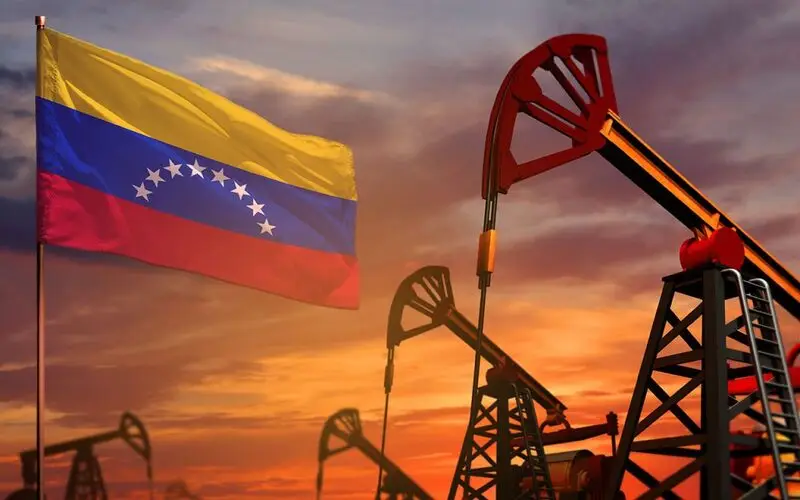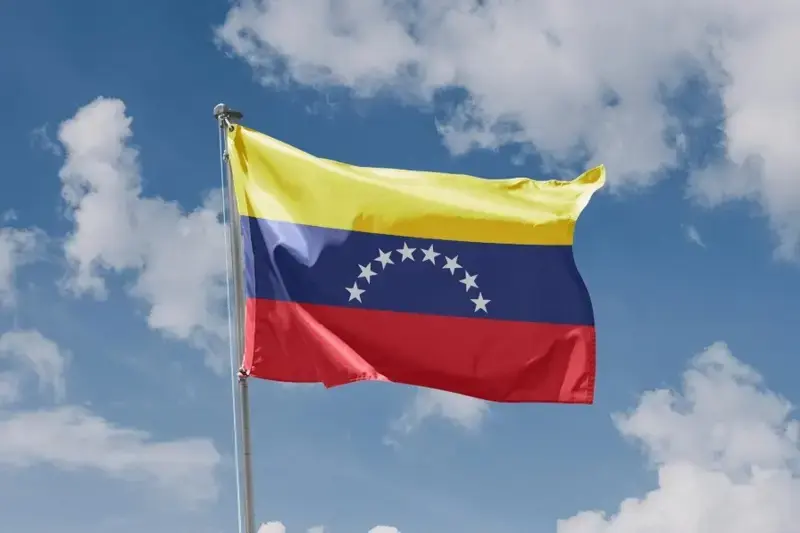In an industry first, the government of Venezuela has liquidated larger volumes of the USDT stablecoin than the US dollar. The liquidation was executed in September, making it the first case where a government used stablecoins for public spending.
The pivot to stablecoins suggests that USDT can serve as a viable alternative to the US dollar. Venezuela’s oil industry is reeling under pressure due to sanctions imposed by the White House. Therefore, the country is pivoting towards USDT as part of a new economic strategy to save the oil industry from collapsing.
Asdrúbal Oliveros, Managing Partner at Ecoanalítica, which provides economic analysis through market research, said that the move comes as the country faces dollar drought. “During September, the Venezuelan government made more settlements in USDT than in US dollars, marking a significant shift in the direction of the national exchange rate regime,” he said.
However, Oliveros and the government of Venezuela did not disclose the volume of the USDT liquidation versus the US dollar. Nonetheless, stablecoin usage is on the rise and showing growing relevance that can alter the country’s economic fabric. The greenback cannot dictate the direction of finances as digital assets are coming to the rescue.
Also Read: Trump Gets $12 Billion Aircraft & Rail Deal With Uzbekistan, Kazakhstan
Venezuela’s Oil Firms Receive USDT Instead of the US Dollar

Venezuela’s State-owned oil company PDVSA, recently received payments in the USDT and not the US dollar. According to a recent report from Reuters, the Central Bank would assign the USDT resources directly to companies that receive payments in previously approved wallets.
Moreover, Venezuela cannot escape sanctions by using the USDT for a longer period. USDT stablecoins are centralized assets and can be frozen at any time. There are both advantages and disadvantages of using it simultaneously. Even USDT’s parent company, Tether, is closely monitoring the situation. A spokesperson from Tether said that the company is “committed to working to ensure sanction addresses are frozen promptly.”






